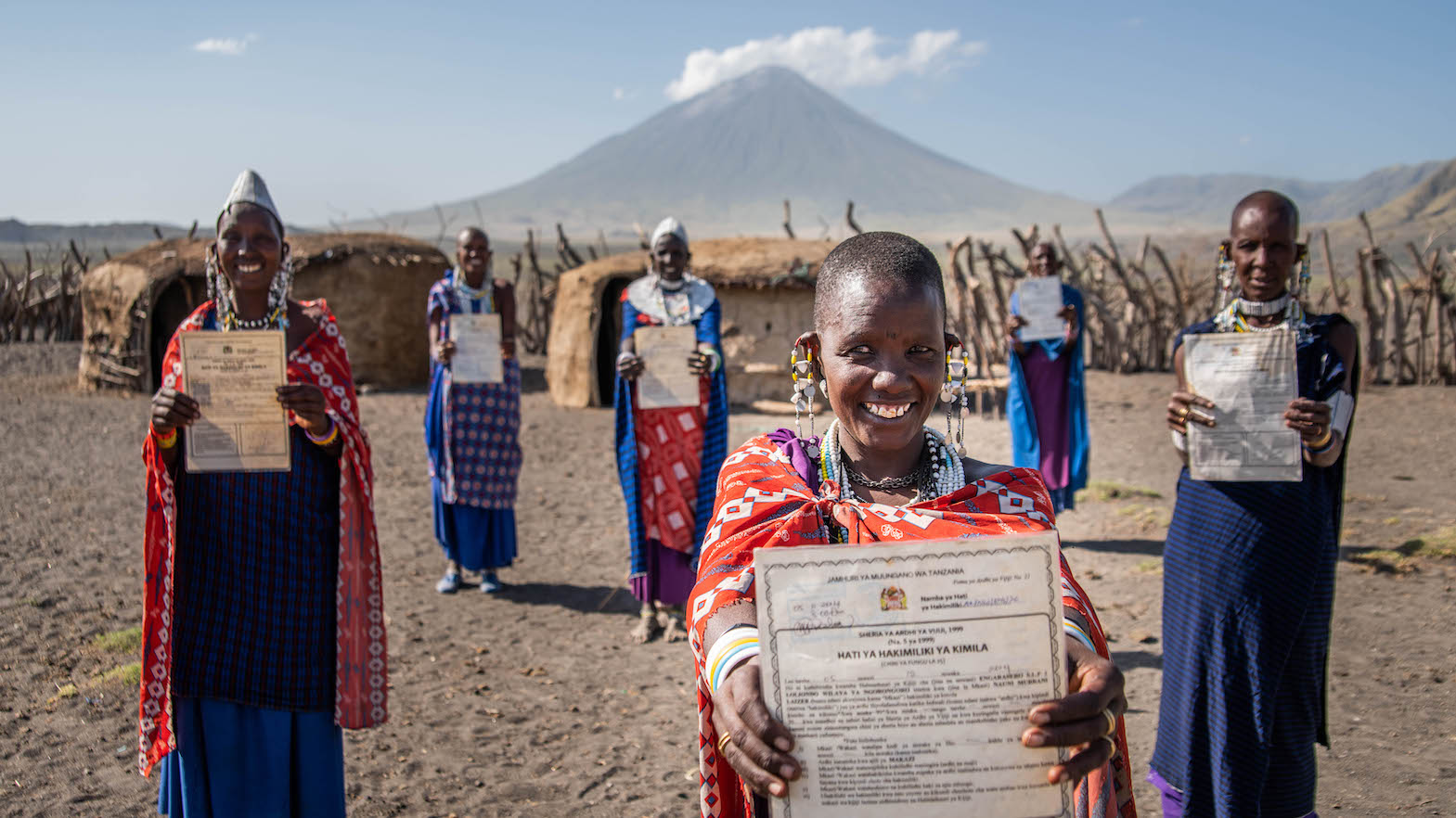Durability of Power
Assurance that gains of power will persist
- How well does the proposal actively shift the balance of power towards groups disadvantaged by structural inequality and create a sustainable source of power for those groups?
- How well does the proposal develop and engage with leaders in the intended beneficiary community, also known as proximal leadership.
- How well does the proposal build the capacity (e.g. financial resources, knowledge, skills networks) of the intended beneficiary population so that the solution is sustained?
Pastoralist women are indigenous livestock keepers and are significantly under-represented in district and national decision-making bodies in Tanzania. The Pastoral Women’s Council is a women-led nonprofit organization based in northeastern Tanzania that has been encouraging communities of pastoralist women to take control of their own development for the past 20+ years. Established to increase access to education, economic benefits, and security of land rights, the Pastoral Women’s Council advocates for women who suffer from exclusion, inadequate political representation, land tenure insecurity, and severe climate uncertainty.

Proposal: ‘50,000 Pastoralist women project: Agents for change, transforming communities’
Pastoralist women in Tanzania have been experienced the impact of the COVID-19 pandemic on trade routes and the economy, exacerbating existing food and financial insecurity. This proposal aims to:
- Promote the rights of 40,000 women and girls by transforming formal and informal structures and processes in traditional and legal systems and by promoting gender equitable governance, gender responsive budgeting, and climate-smart natural resources planning and management.
- Increase resilience and economic strength of 10,000 pastoralist women and households through ownership and productive use of resources; gender equitable value chains; business incubation; access to financial services; vocational skills training; adult literacy and numeracy; and life-skills mentorship.
- Enhanced well-being of 25,000 pastoralist women and children through community-wide prevention and response to sexual and gender-based violence and improving access to sexual and reproductive information and services.
How the Proposal Scored in Durability of Power
The Pastoralist Women’s Council receives a 4 in Durability of Power due to its sustainable plan for creating a durable social and economic power source for pastoralist women. As a grassroots organization, the Pastoralist Women’s Council promotes key stakeholders to ensure that women gain skills, knowledge, and tools in both financial and legal literacy and that such services, programming is appropriate and specific to the culture and community. They include community members and male champions, including traditional leaders. By strategically engaging men and other influential leaders who have traditionally dictate social norms, they are co-creating positive and more sustainable shifts in power.
The organization also incorporates multilevel engagement of policy and decision-makers to champion the rights of women and influence local and national policies and practices. Its plan to develop pastoralist women into decision makers at both the household and community levels builds capacity for them to become tomorrow’s proximal leaders, making this an exemplary proposal for the category of Durability of Power.
Competition
Kellogg Racial Equality Challenge
